Mission
The Belgian Evolutionary and Hybrid AI Foundation (BEEHAIF) is a Belgian consortium of artificial intelligence researchers who focus on building truly intelligent systems. Such systems are able to observe, understand, reason about and act upon their native environment. Rather than focussing on a specific task or technique, BEEHAIF researchers develop a wide spectrum of methods that can flexibly be combined in order to solve an open-ended set of tasks. Methodologically, BEEHAIF researchers are united in their belief that evolutionary principles and a combination of symbolic and subsymbolic AI techniques are the key to achieving human-like artificial intelligence. Apart from fostering collaboration between researchers, organising community-wide events and increasing the visibility of the evolutionary and hybrid AI research programme, the BEEHAIF also plays a crucial role in supporting the development of a range of open-source software libraries. Most prominently, BEEHAIF fellows are leading the development of the Babel toolkit for implementing multi-agent experiments on emergent communication and the Fluid Construction Grammar (FCG) Editor for representing, processing and learning computational construction grammars. If you would like to connect with the BEEHAIF community, feel free to reach out so that we can discuss potential collaborations.
Get in TouchSoftware
The BEEHAIF supports the development of a range of open-source technologies in the domain of evolutionary and hybrid AI
Selected Publications
- All
- evolutionary AI
- hybrid AI
- computational construction grammar
Neuro-Symbolic Procedural Semantics for Reasoning-Intensive Visual Dialogue Tasks
Lara Verheyen, Jérôme Botoko Ekila, Jens Nevens, Paul Van Eecke, and Katrien BeulsIn Proceedings of the 26th European Conference on Artificial Intelligence (ECAI 2023), pages 2419-2426, Kraków, Poland.
This paper introduces a novel approach to visual dialogue that is based on neuro-symbolic procedural semantics. Concretely, we introduce (i) the use of a conversation memory as a data structure that explicitly and incrementally represents the information that is expressed during the subsequent turns of a dialogue, and (ii) the design of a neuro-symbolic procedural semantic representation that is grounded in both visual input and the conversation memory. We validate the methodology using the reasoning-intensive MNIST Dialog and CLEVR-Dialog benchmark challenges and achieve a question-level accuracy of 99.8% and 99.2% respectively. The methodology presented in this paper responds to the growing interest in the field of artificial intelligence in solving tasks that involve both low-level perception and high-level reasoning using a combination of neural and symbolic techniques.
Paper Bibtex Web DemonstrationThe Candide model: How narratives emerge where observations meet beliefs
Paul Van Eecke, Lara Verheyen, Tom Willaert, Katrien BeulsIn Proceedings of the The 5th Workshop on Narrative Understanding (ACL 2023), pages 48-57, Toronto, Canada.
This paper presents the Candide model as a computational architecture for modelling human-like, narrative-based language understanding. The model starts from the idea that narratives emerge through the process of interpreting novel linguistic observations, such as utterances, paragraphs and texts, with respect to previously acquired knowledge and beliefs. Narratives are personal, as they are rooted in past experiences, and constitute perspectives on the world that might motivate different interpretations of the same observations. Concretely, the Candide model operationalises this idea by dynamically modelling the belief systems and background knowledge of individual agents, updating these as new linguistic observations come in, and exposing them to a logic reasoning engine that reveals the possible sources of divergent interpretations. Apart from introducing the foundational ideas, we also present a proof-of-concept implementation that demonstrates the approach through a number of illustrative examples.
Paper Bibtex ACL AnthologyModelling Language Acquisition through Syntactico-Semantic Pattern Finding
Jonas Doumen, Katrien Beuls and Paul Van EeckeIn Proceedings of the 18th Conference of the European Chapter of the Association for Computational Linguistics (EACL 2023), pages 1347–1357, Dubrovnik, Croatia.
Usage-based theories of language acquisition have extensively documented the processes by which children acquire language through communicative interaction. Notably, Tomasello (2003) distinguishes two main cognitive capacities that underlie human language acquisition: intention reading and pattern finding. Intention reading is the process by which children try to continuously reconstruct the intended meaning of their interlocutors. Pattern finding refers to the process that allows them to distil linguistic schemata from multiple communicative interactions. Even though the fields of cognitive science and psycholinguistics have studied these processes in depth, no faithful computational operationalisations of these mechanisms through which children learn language exist to date. This paper aims to fill part of this void by introducing a computational operationalisation of syntactico-semantic pattern finding.
Paper Bibtex ACL AnthologyFluid Construction Grammar: State of the art and future outlook
Katrien Beuls and Paul Van EeckeIn Proceedings of the First International Workshop on Construction Grammars and NLP (CxGs+NLP, GURT/SyntaxFest 2023), pages 41–50, Washington DC, USA.
Fluid Construction Grammar (FCG) is a computational framework that provides a formalism for representing construction grammars and a processing engine that supports construction-based language comprehension and production. FCG is conceived as a computational operationalisation of the basic tenets of construction grammar. It thereby aims to establish more solid foundations for constructionist theories of language, while expanding their application potential in the fields of artificial intelligence and natural language understanding. This paper aims to provide a brief introduction to the FCG research programme, reflecting on what has been achieved so far and identifying key challenges for the future.
Paper Bibtex ACL AnthologyLanguage games meet multi-agent reinforcement learning: A case study for the naming game
Paul Van Eecke, Katrien Beuls, Jérôme Botoko Ekila, Roxana RădulescuJournal of Language Evolution 7(2), 2022, 213-223.
Today, computational models of emergent communication in populations of autonomous agents are studied through two main methodological paradigms: multi-agent reinforcement learning (MARL) and the language game paradigm. While both paradigms share their main objectives and employ strikingly similar methods, the interaction between both communities has so far been surprisingly limited. Through this paper, we aim to remedy this situation. Tackling this challenge will enable future language game experiments to benefit from the rapid and promising methodological advances in the MARL community, while it will enable future MARL experiments on learning emergent communication to benefit from the insights and results gained through language game experiments.
Paper Bibtex JOLENeural heuristics for scaling constructional language processing
Paul Van Eecke, Jens Nevens, Katrien BeulsJournal of Language Modelling 10(2), 2022, 287-314.
In this paper, we introduce a neural methodology for learning heuristics that substantially optimise the search processes involved in constructional language processing. We show that our novel methodology outperforms state-of-the-art techniques in terms of size of the search space and time of computation, most markedly in the production direction. The results reported on in this paper have the potential to overcome the major efficiency obstacle that hinders current efforts in learning large-scale construction grammars, thereby contributing to the development of scalable constructional language processing systems.
Paper Bibtex JLMLanguage Acquisition through Intention Reading and Pattern Finding
Jens Nevens, Jonas Doumen, Paul Van Eecke and Katrien BeulsIn Proceedings of the 29th International Conference on Computational Linguistics (COLING 2022), pages 15–25, Gyeongju, Republic of Korea.
In this paper, we introduce a mechanistic model of the cognitive capacity of intention reading and its integration with pattern finding. Concretely, we present an agent-based simulation in which an agent learns a grammar that enables it to ask and answer questions about scenes. This involves the reconstruction of queries that correspond to observed questions based on the answer and scene alone, and the generalization of linguistic schemata based on these reconstructed question-query pairs. The result is a productive grammar which can be used to map between natural language questions and queries without ever having observed the queries.
Paper Bibtex Web DemonstrationThe FCG Editor: An innovative environment for engineering computational construction grammars
Remi van Trijp, Katrien Beuls and Paul Van EeckePLOS ONE 17(6), 2022, e0269708.
This paper introduces the FCG Editor, a dedicated and innovative integrated development environment for the Fluid Construction Grammar formalism. Offering a straightforward installation and a user-friendly, interactive interface, the FCG Editor is an accessible, yet powerful tool for construction grammarians who wish to operationalise their construction grammar insights and analyses in order to computationally verify them, corroborate them with corpus data, or integrate them in language technology applications.
Paper Bibtex PLOS ONEFrom Continuous Observations to Symbolic Concepts: A Discrimination-Based Strategy for Grounded Concept Learning
Jens Nevens, Paul Van Eecke and Katrien BeulsFrontiers in Robotics and AI 7, 2020, 10.3389/frobt.2020.00084
In this paper, we introduce a novel methodology for grounded concept learning. In a tutor-learner scenario, the method allows an agent to construct a conceptual system in which meaningful concepts are formed by discriminative combinations of prototypical values on human-interpretable feature channels.
Paper Bibtex Google ScholarA Practical Guide to Studying Emergent Communication through Grounded Language Games
Jens Nevens, Paul Van Eecke and Katrien BeulsProceedings of AISB '19 , Falmouth, United Kingdom, 2019, 1-8.
The aim of this paper is twofold. On the one hand, it introduces a high-level robot interface that extends the Babel software system, presenting for the first time a toolkit that provides flexible modules for dealing with each subtask involved in running advanced grounded language game experiments. On the other hand, it provides a practical guide to using the toolkit for implementing such experiments, taking a grounded colour naming game experiment as a didactic example.
Paper Bibtex Google ScholarComputational Construction Grammar for Visual Question Answering
Jens Nevens, Paul Van Eecke and Katrien BeulsLinguistics Vanguard 5(1), 2019, 2018-0070, 1-16.
This paper focuses on the first capability, presenting a novel approach to semantically parsing questions expressed in natural language. The method makes use of a computational construction grammar model for mapping questions onto their executable semantic representations. We demonstrate and evaluate the methodology on the CLEVR visual question answering benchmark task.
Paper Bibtex Google ScholarExploring the Creative Potential of Computational Construction Grammar
Paul Van Eecke and Katrien BeulsZeitschrift für Anglistik und Amerikanistik 66(3), 2018, 341-355.
This paper discusses the computational mechanisms that allow construction grammar models to exhibit, to a certain extent, the creativity and inventiveness that is observed in human language use.
Paper Bibtex Google ScholarMeta-Layer Problem Solving for Computational Construction Grammar
Paul Van Eecke and Katrien Beuls2017 AAAI Spring Symposium Series, 2017, 258-265.
This paper presents a meta-layer architecture that is fully integrated into the FCG language processing framework, as well as a number of powerful and general operators that can be used within this architecture for on-the-fly problem solving and learning of lexical and grammatical constructions.
Paper Bibtex Google ScholarFellows
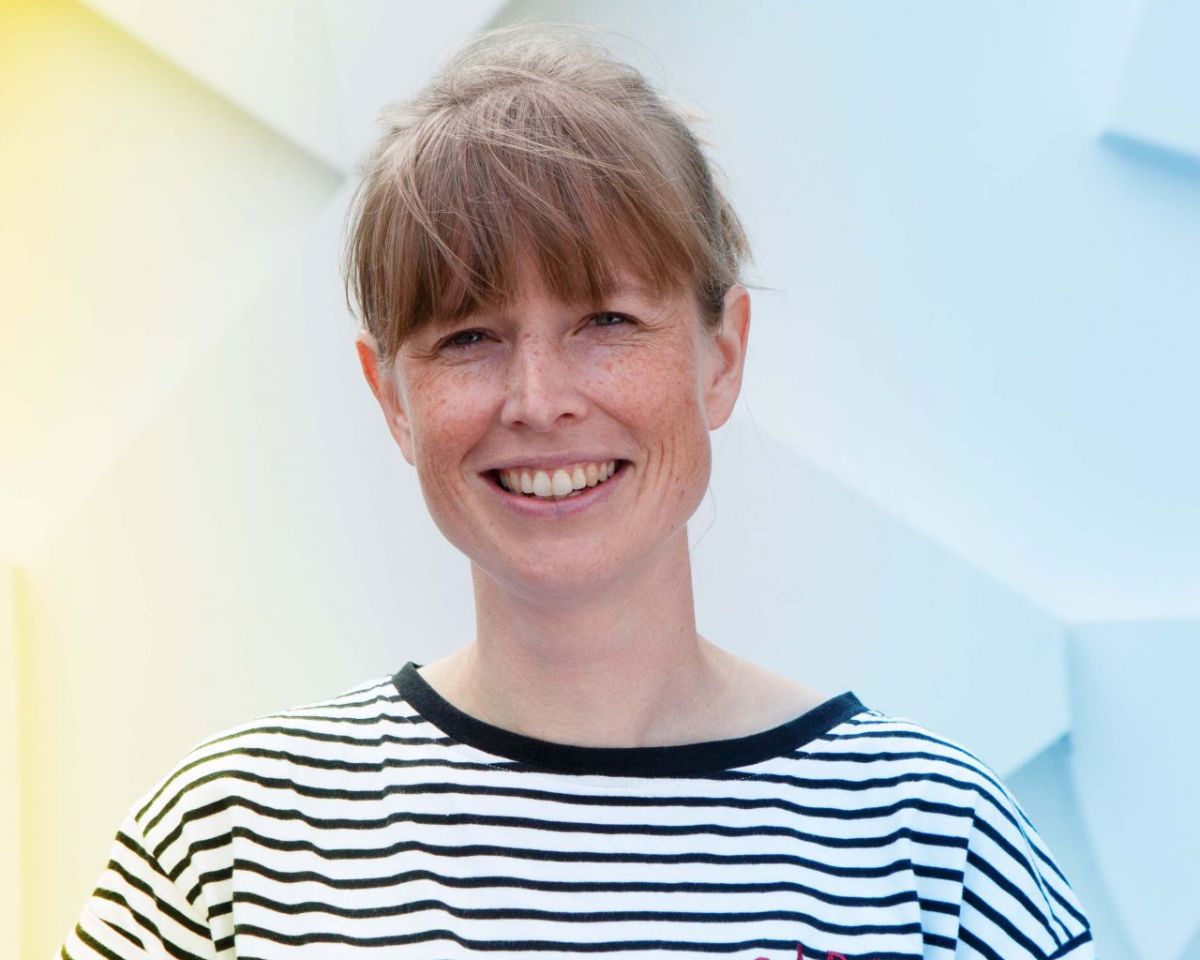
Prof. dr. Katrien Beuls
Université de NamurAssistant professor in artificial intelligence, focussing on unravelling the mechanisms underlying human-like communication.
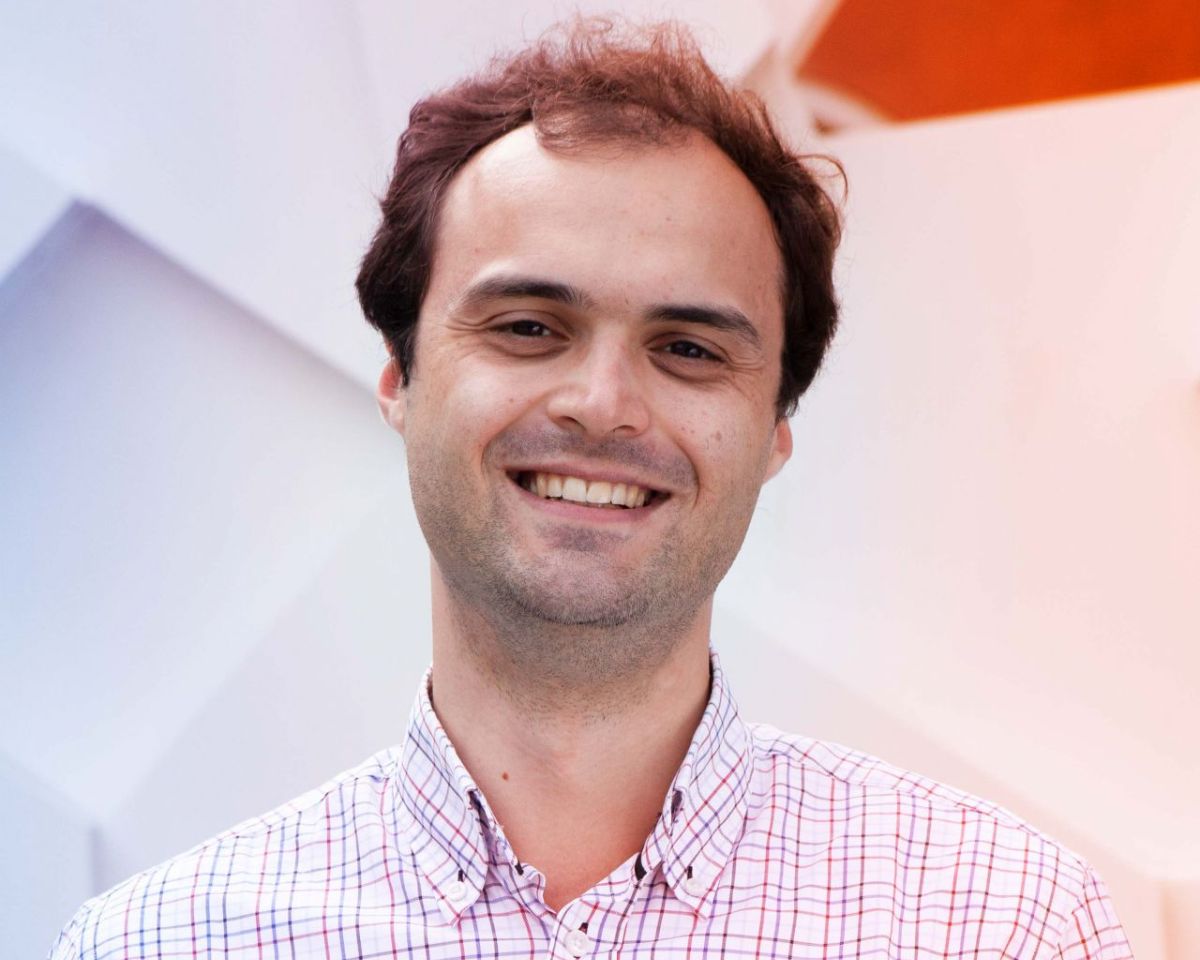
Prof. dr. Paul Van Eecke
Vrije Universiteit Brussel and KU LeuvenAssistant professor at the VUB AI Lab, focussing on the emergence, evolution and acquisition of conceptual and linguistic structures in multi-agent systems.

Dr. Remi van Trijp
Sony Computer Science Laboratories ParisHead of the Language Research Unit, combining techniques from computational linguistics, artificial intelligence and robotics to investigate human language processing.

Dr. Tom Willaert
Vrije Universiteit BrusselPostdoctoral researcher in digital methods, bridging gaps between computational techniques and humanities interpretative practice to analyze online (mis)information.
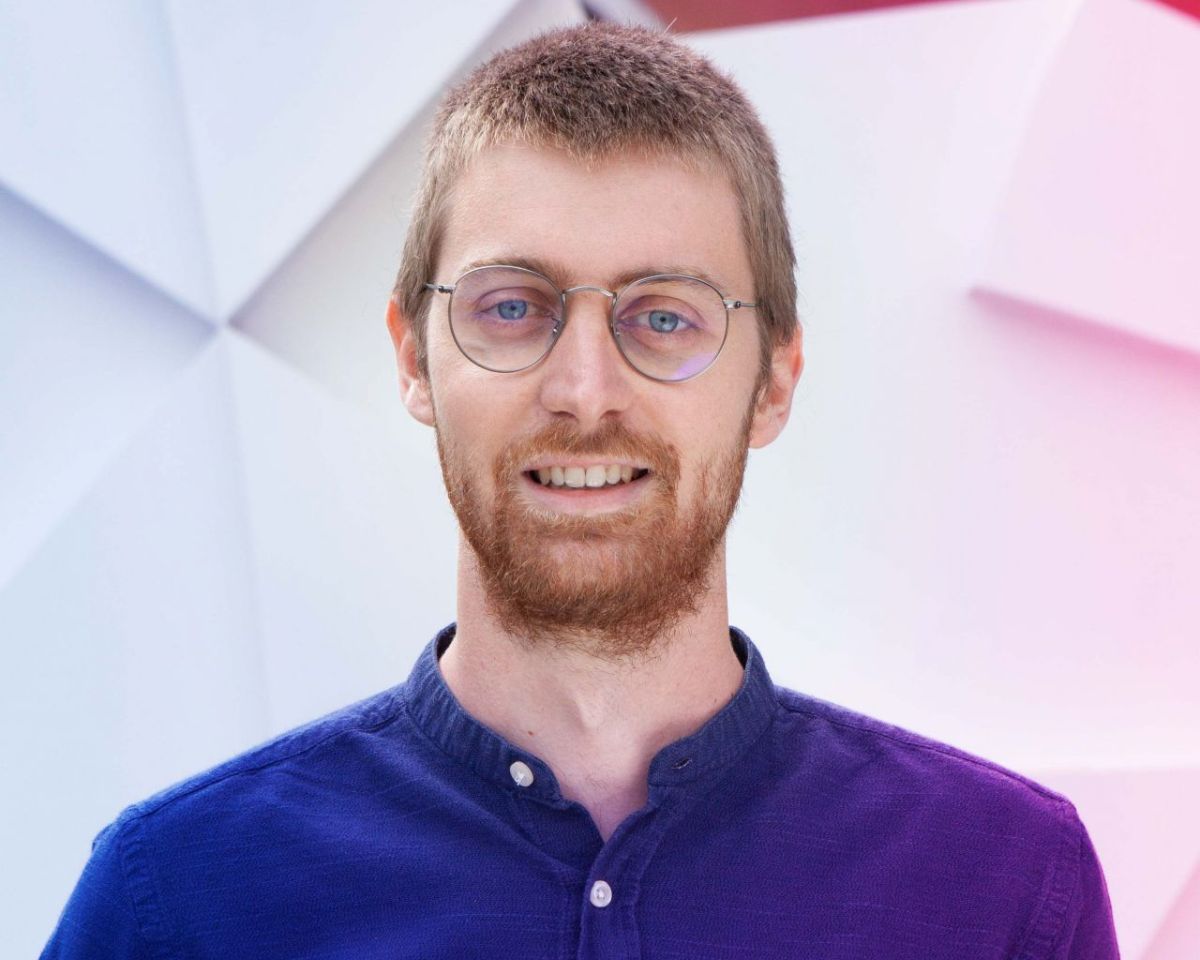
Dr. Jens Nevens
Vrije Universiteit BrusselPostdoctoral researcher investigating how intelligent agents can represent and learn linguistic structures through situated, communicative interactions.
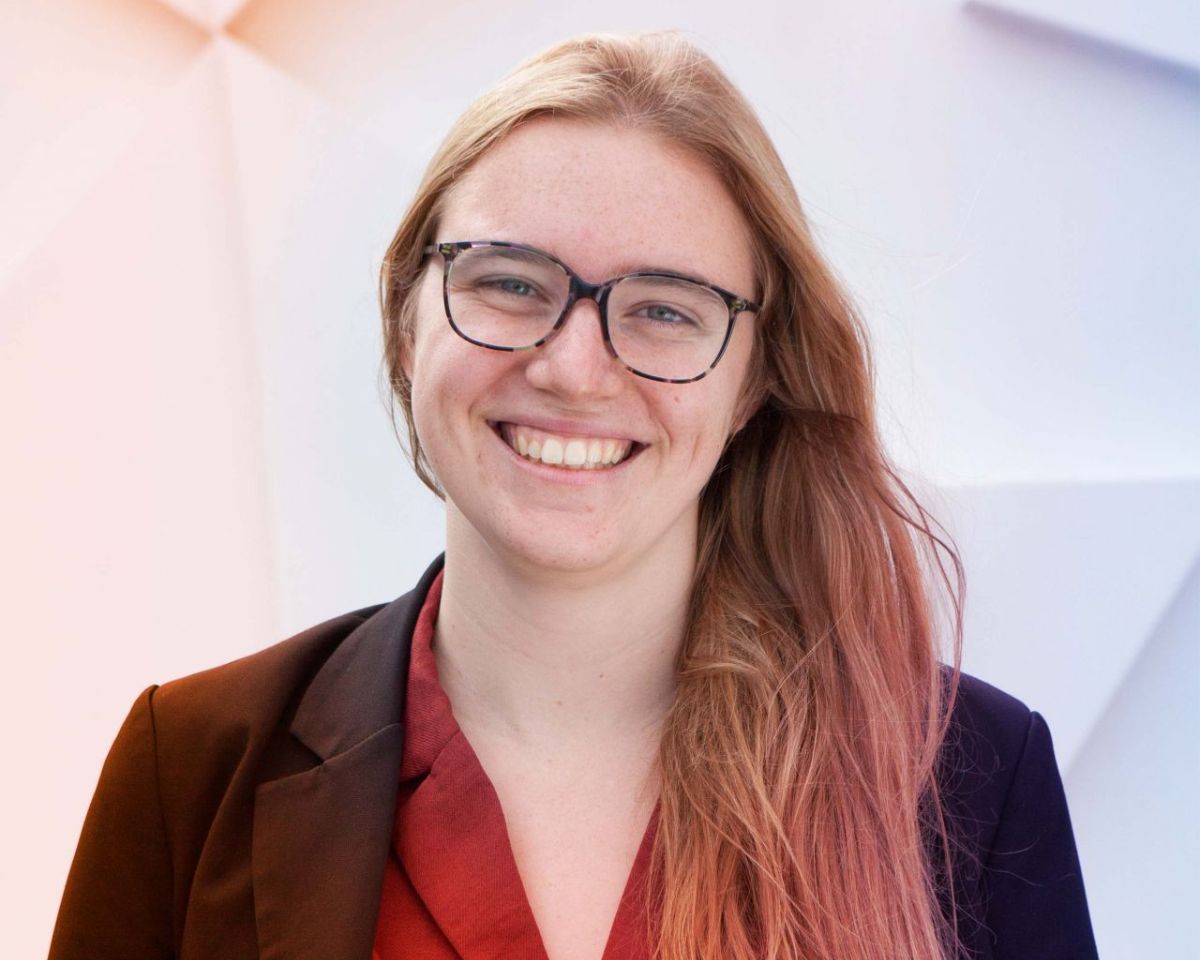
Dr. Lara Verheyen
Vrije Universiteit BrusselPostdoctoral researcher using neuro-symbolic techniques to build intelligent agents that can hold meaningful conversations with humans.
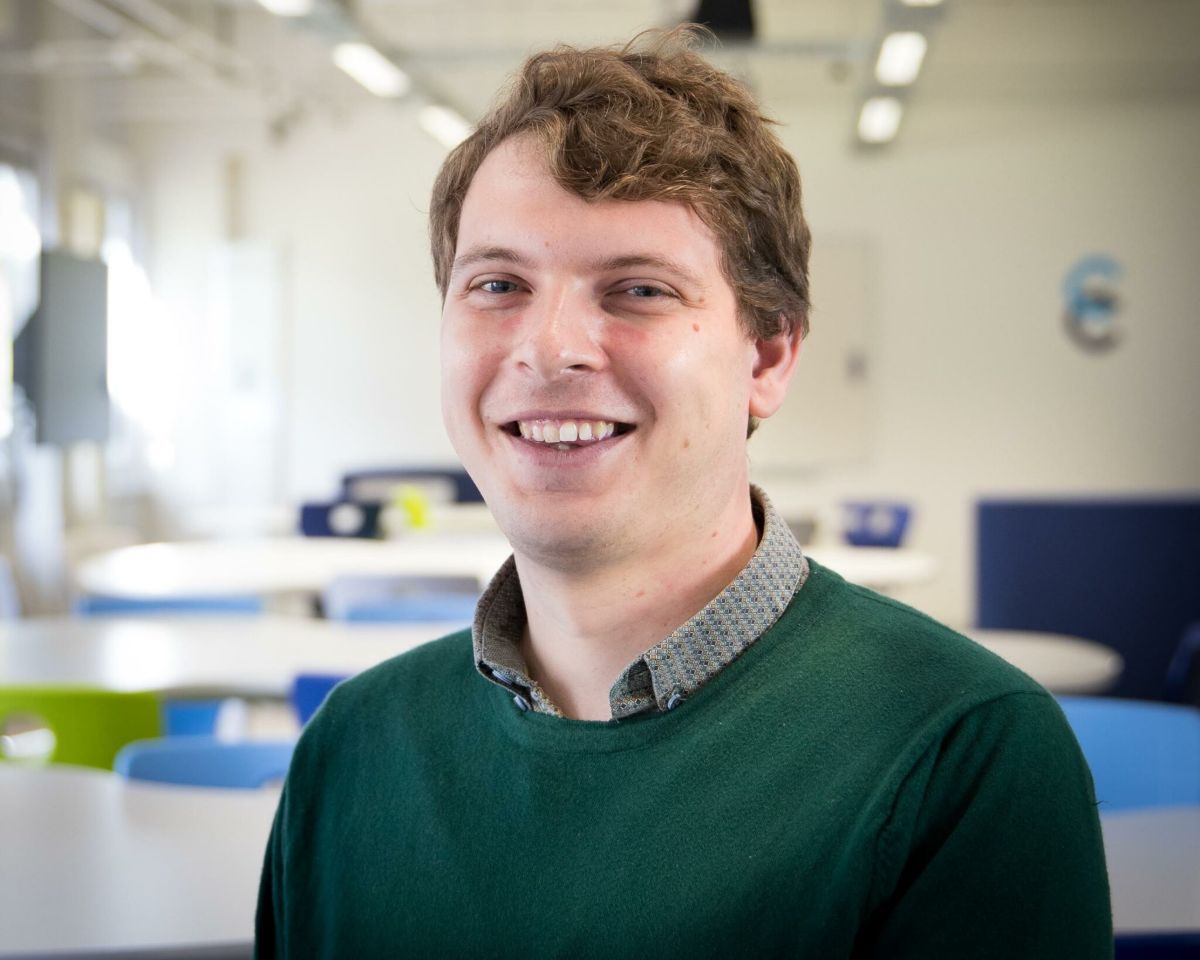
Jonas Doumen
KU LeuvenPhD researcher at Itec, imec research group at KU Leuven, focussing on computationally modelling the mechanisms underlying human language acquisition.
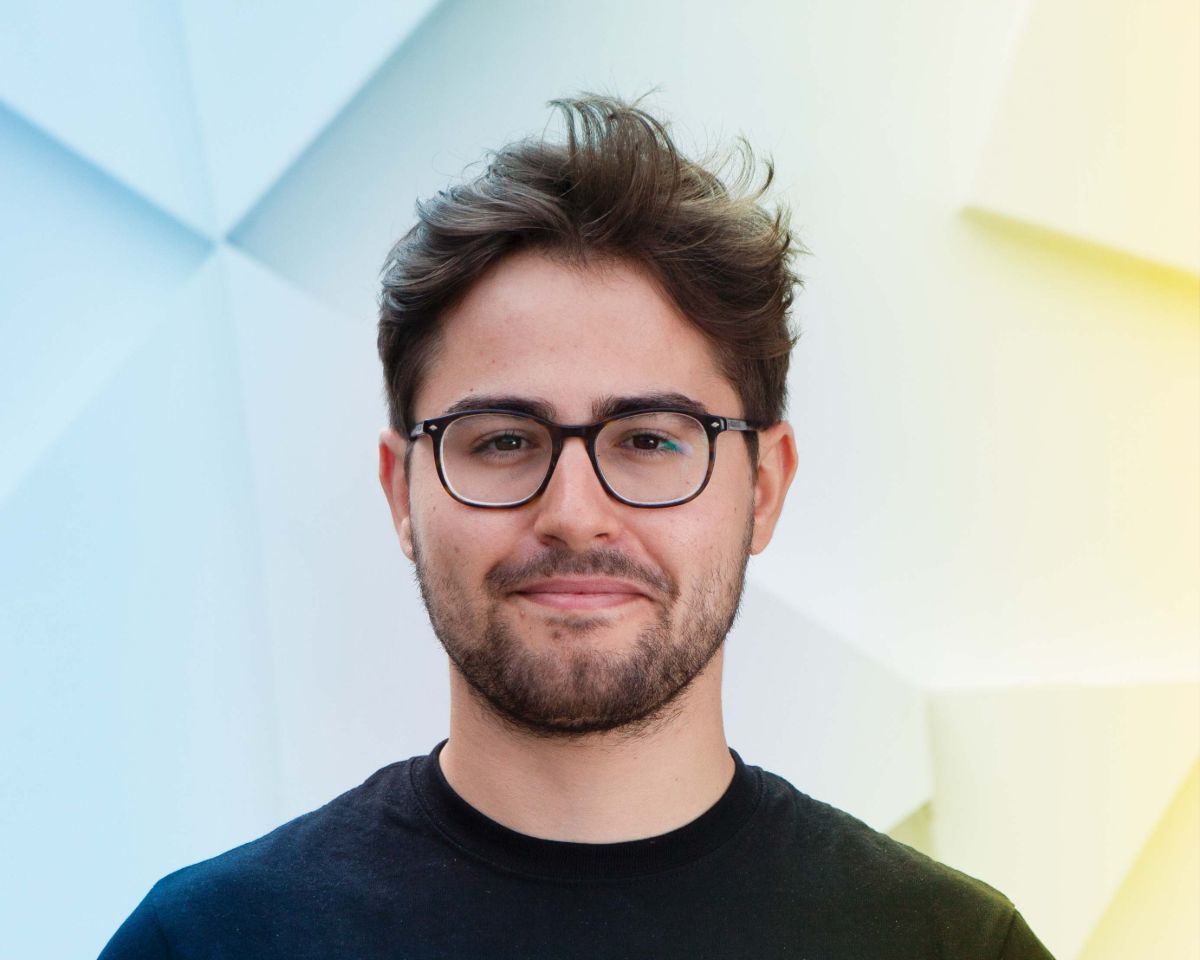
Jérôme Botoko Ekila
Vrije Universiteit BrusselPhD researcher at the AI Lab of the VUB, re-conceptualising the language game paradigm within the framework of multi-agent reinforcement learning.
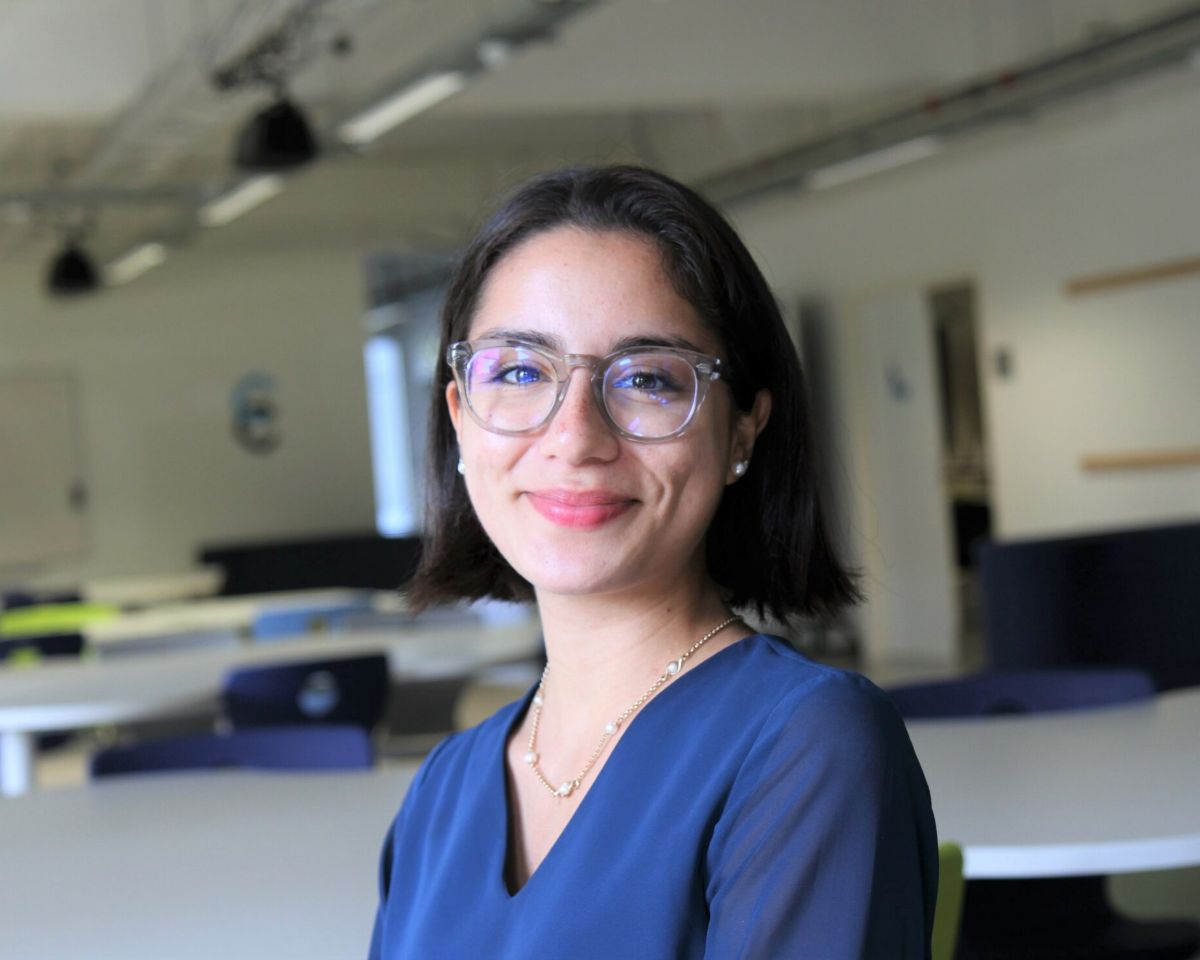
Veronica Juliana Schmalz
KU LeuvenPhD researcher at Itec, imec research group at KU Leuven, investigating the acquisition of modular computational construction grammars.
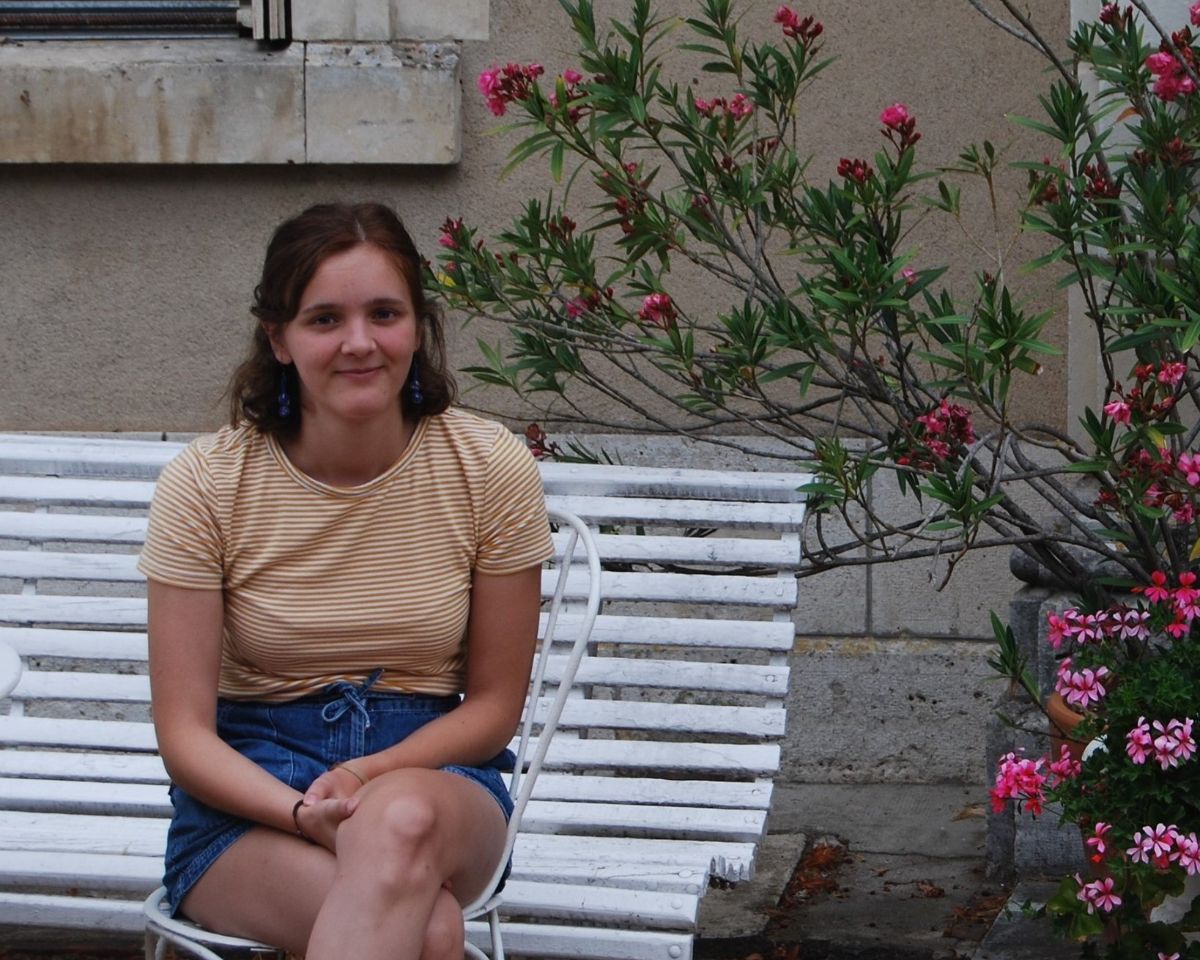
Liesbet De Vos
Université de NamurPhD researcher in multi-modal computational construction grammar funded by the Walloon flagship project on AI (ARIAC).
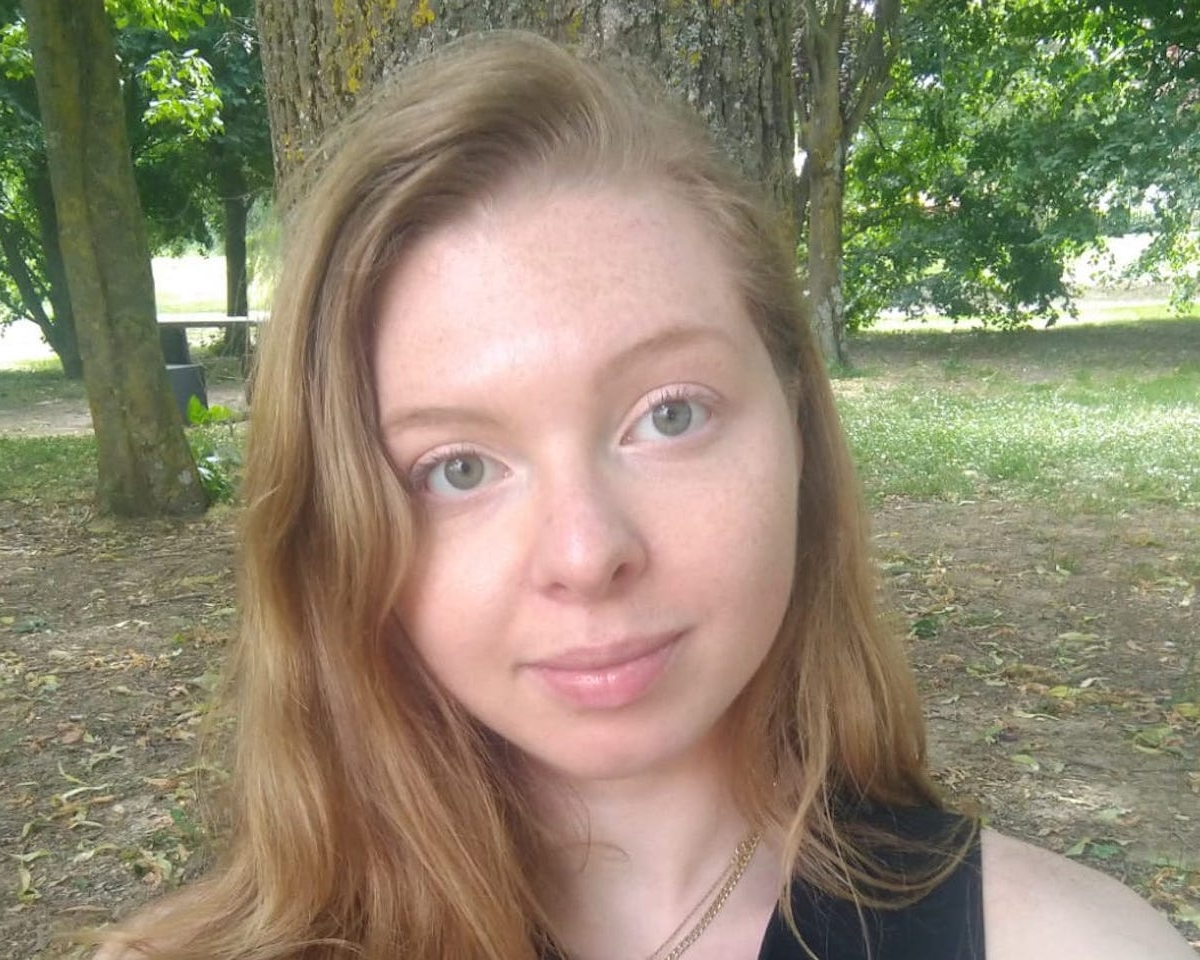
Alexane Jouglar
Université de NamurPhD researcher funded by the Walloon flagship project on AI (ARIAC), focussing on the use of language games for ontology alignment under partial observability.
Belgian Evolutionary and Hybrid AI Foundation
We love to hear from you! Feel free to get in touch with the BEEHAIF.
Contact Us